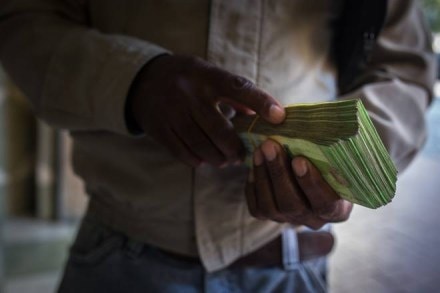The lottery might sound like a source of entertainment for some of the states but for Kerala, it is the backbone of its economy. Kerala’s total population is 3.34 crore as per 2011 Census, but it sells an astounding 7.92 crore lottery tickets every week. This makes the lottery as one of the major sources of non-tax revenue. In fact, the state government’s social welfare schemes are heavily funded with the revenue generated from the lottery business. Non-tax revenue as a proportion of Gross State Domestic Product (GSDP) since 2013-14 in Kerala is due to the increase in the gross receipt from lotteries, according to Kerala Economic Review, 2018.
Meanwhile, the share of the revenue from the sale of state lotteries increased from 13.4 per cent in 1980-81 to 38.39 per cent in 2000-01 — and to a whopping 80.49 per cent in 2016-17. There is a whopping increase in the number of tickets printed and sold. “If 60 lakh tickets were printed in 2016, the figure has now reached 1.32 crore. We don’t have any unsold tickets. At present there are six weekly tickets, all of which are equally popular,” sources told The Indian Express. Revenue from the lottery in 2018-19 financial year was Rs 9,276 crore, increased from Rs 8,977 crore in the previous fiscal year. The previous year’s profit was Rs 1,673 crore, which is projected to be Rs 11,800 crore in the current year.
Lottery business in Kerala not only generates the non-tax revenue, but it also provides jobs, including, physically challenged people, who constitute a section of ticket-sellers. The lottery business attracts vendors as ten per cent of the prize-winning money goes as agent’s commission and in case of tickets not winning, an agent gets a certain percentage as a commission on the selling price. For a ticket priced Rs 30, the agent gets a commission of Rs 5.80, which makes it a win-win situation for the vendor and the government as well as almost 30 per cent income tax is levied on prize money.
